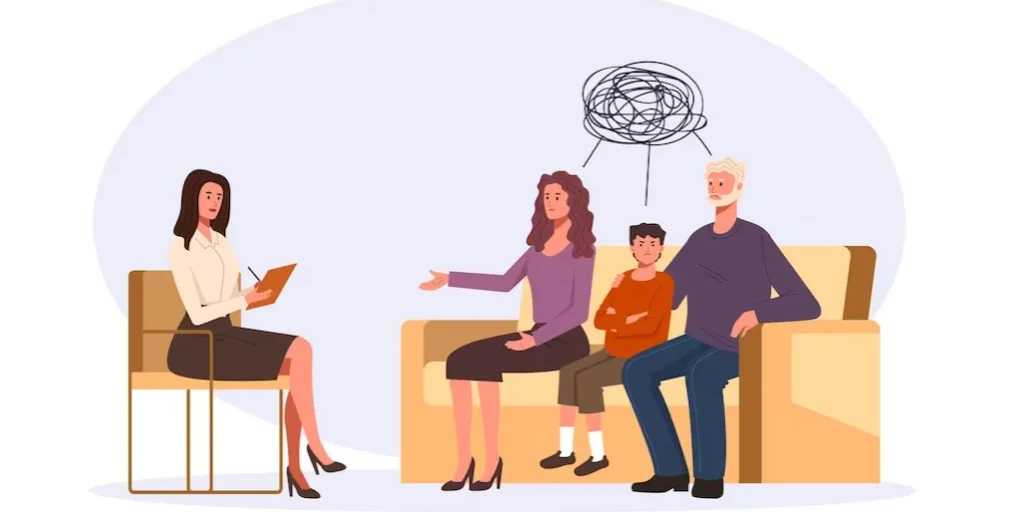24/7 Helpline:
(866) 899-221924/7 Helpline:
(866) 899-2219
Learn more about Medication-assisted Treatment centers in Addy
Medication-assisted Treatment in Other Cities

Other Insurance Options

Amerigroup

Absolute Total Care

Meritain

Covered California

Self-pay options

State Farm

Holman Group

Lucent

EmblemHealth

Premera

BHS | Behavioral Health Systems

Horizon Healthcare Service

Health Choice

UnitedHealth Group

Highmark

Cigna

Kaiser Permanente

Coventry Health Care

ComPsych

Choice Care Network










NorthEast Washington Alliance Counseling Services
NorthEast Washington Alliance Counseling Services - Hawthorne Avenue is a diagnostic and treatment c...





















































































































































































































Crisis Intervention Counseling
Crisis Intervention Counseling is a private rehab located in Colville, Washington. Crisis Interventi...

AA – Alcoholics Anonymous
AA – Alcoholics Anonymous is a non-profit rehab located in Colville, Washington. AA – Alcoholics Ano...

Spokane Tribe Behavior Health Agency
Spokane Tribe Behavior Health Agency is a public rehab located in Wellpinit, Washington. Spokane Tri...

Northeast Washington Counseling Service
Northeast Washington Counseling Service is a public rehab located in Chewelah, Washington. Northeast...






























































